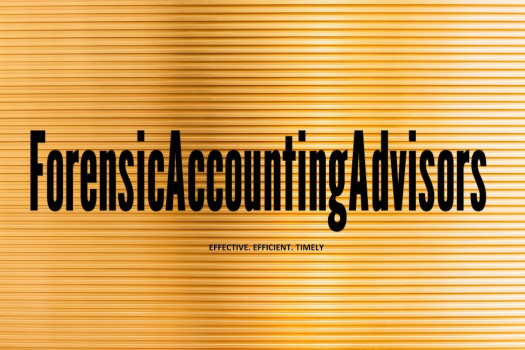
Forensic Accounting Advisors
Reviews Summary
About This Listing
Who Can Work with a CPA?
*Note: CPAs may specialize in different areas. Be sure to check credentials and service offerings.*
First-Time Clients
If this is your first time working with a CPA, don’t worry — most professionals offer a free consultation and will walk you through what to expect. You may be asked to complete an intake form, share financial documents, or set clear goals for your session.
What to Know Upfront:
*Note: Every CPA operates a bit differently. Don’t hesitate to ask questions before committing.*
What to Bring
*Tip: Organize your documents in advance to save time and ensure accuracy.*
Preparing for Your Appointment
*Note: Preparation helps you make the most of your CPA’s expertise.*
How to Get Started
Other Helpful Info
*Note: Every CPA is different — take time to find one who fits your goals and style.*
Features
Contact Information
Address
200 S Andrews Ave Ste 700
Fort Lauderdale, Florida 33301
Phone
+1 954-489-8832Hours
Customer Reviews
Marty Williams provides exceptional quality service with attention to detail, and removes the intimidation of numbers to lawyers and their respective clients. He is brilliant and unpretentious. He is reasonable and flexible and his professional opinions and strategy are well-grounded. He is an asset to have in your corner. My and clients and I are truly grateful for your work, Marty.
Would like to personally recommend Marty Williams. Our company has had the opportunity to work with Marty on several occasions for different business needs. Specifically Marty helped us with business planning, sales and inventory analysis, sales and inventory projections, business planning and strategies. Marty is a super bright problem solver, makes clear and understandable explanations, prompt, reliable, on top of all issues and a very quick study. Very easy to work with! Working with Marty our co
Marty was wonderful to work with. During a very tough time, he was a calming force that was excellent at getting things done. Excellent attention to detail, extremely understanding and a great person to have on your team. Highly, highly recommend.
I hired Marty for a complex financial matter with a tight deadline. He quickly grasped the issues at hand, identified the strengths and weaknesses in my data, and communicated his findings clearly and concisely to my attorney. I highly recommend.
I was involved in a three year long lawsuit against one of the larger retail banks. I had hit a roadblock and needed substantial forensic documentation to strengthen and prove my case. The details were complex and required someone with superior knowledge in accounting. Martin Williams from Forensic Accounting Advisors put together a sound and professional report. He did this quickly and actually found additional support to strengthen my case further. Because of Martin's help, I was able to prevail victoriou